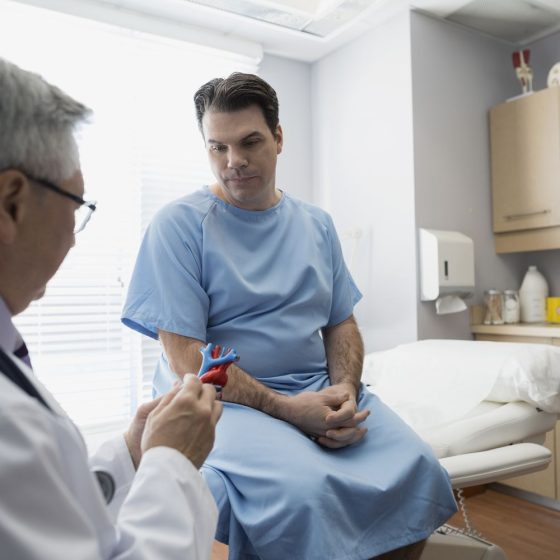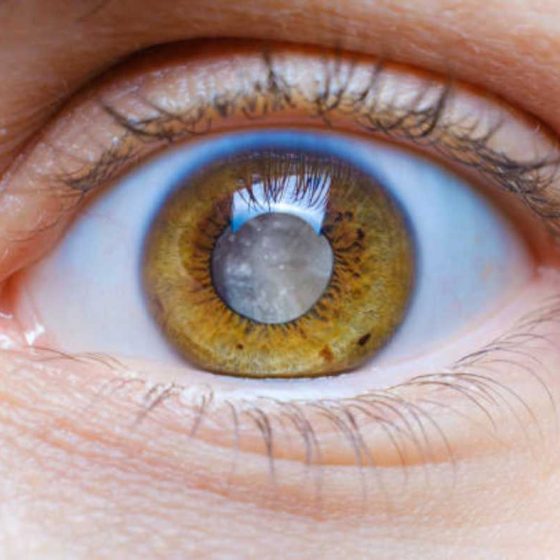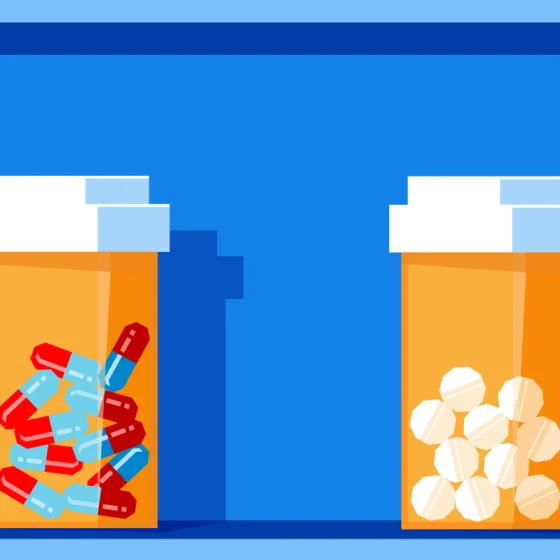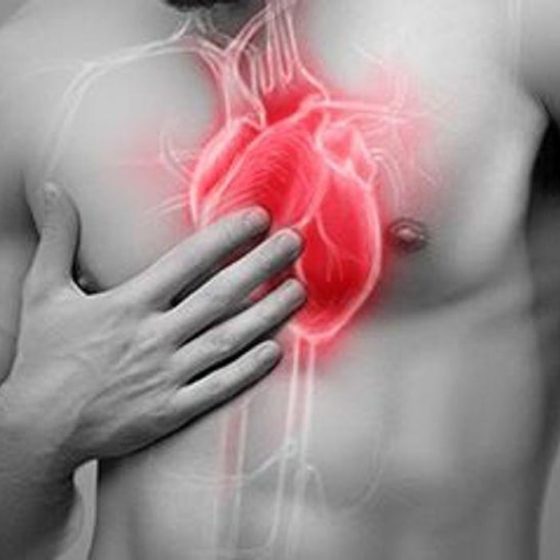Pericarditis
What is pericarditis? Pericarditis is inflammation of the pericardium, the thin sac-like membrane around the heart. It becomes swollen and irritated. Pericarditis often causes chest pain and sometimes other symptoms. It is a serious condition; you should always seek medical attention if you have any type of chest pain. The main types of pericarditis are: acute pericarditis — symptoms begin suddenly, but don’t last long chronic pericarditis — symptoms develop gradually and persist, or may persist after an acute attack recurring pericarditis — repeated attacks of acute pericarditis What are the symptoms of pericarditis? The most common symptom of pericarditis


















